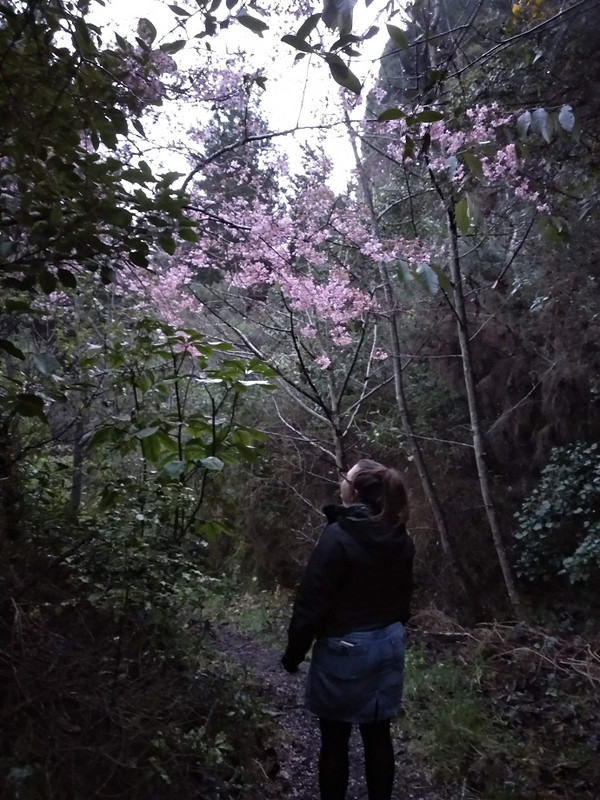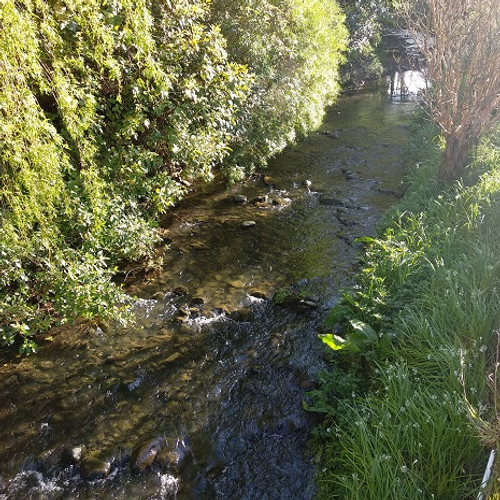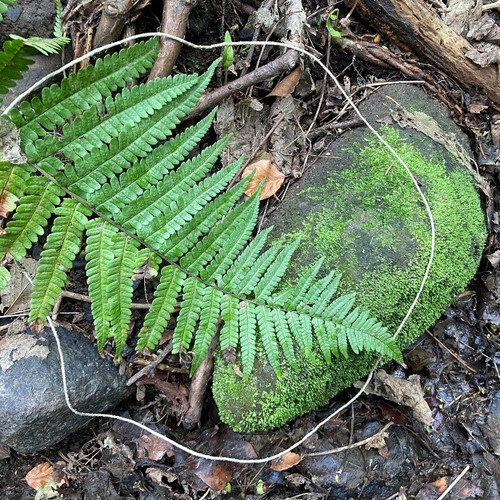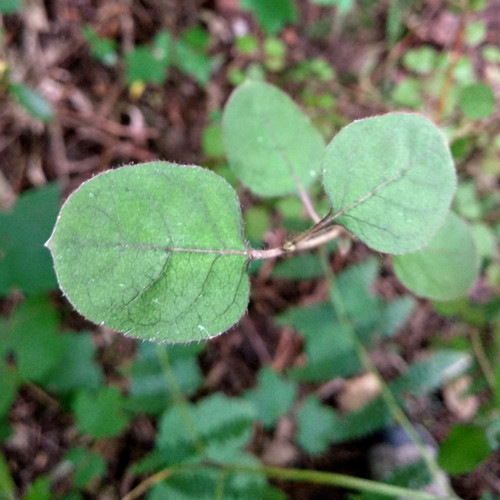Self-medicate during lockdown with Vitamin N
Science Stories
A spell in lockdown causes many of us to reflect on what it is that contributes to our feelings of well-being. Getting out of the house every day for a walk or cycle certainly seems popular during level 4, judging by the number of people who can be seen along North Road and in our local parks, enjoying the company of their dog, their bubble-buddies, and nature. There have been many studies in recent years that show that exposure to nature provides a range of benefits for our mental health and well-being. So, when national lockdowns were put into place, many researchers were interested in the extent to which contact with nature reduced the stress that people were experiencing. Self-isolation and physical distancing from other people can be detrimental to mental health - the World Health Organisation has reported increased symptoms of depression and anxiety in the early stages of lockdown.
In a study published this year (Pouso et al. 2021), researchers surveyed 5218 people from nine countries: Spain, United Kingdom, Germany, France, United States, Portugal, Italy, New Zealand and Mexico, each of which had implemented lockdowns with varying degrees of stringency - from severe lockdowns, where people were not allowed to leave their homes except for essential activities (e.g. China, Italy or Spain), to limitation of movements as recommendations rather than rules (e.g. Scandinavian countries). They tested whether people who maintained direct and/or indirect contact (e.g. views from windows) with outdoor spaces coped better with lockdown measures in terms of fewer symptoms of poor mental health (i.e. depression and anxiety) and better maintenance of a positive mood.
They found that greater lockdown severity was associated with a higher incidence of mental health disorders, but that contact with nature helped people to cope with these impacts, particularly those under strict lockdown. This was observed especially among people in Spain, who spent nearly two months confined to their homes. Access to private gardens and patios contributed most to the wellbeing of people under a stay-at-home order. Even views from windows that included green and blue elements had a positive effect on their emotions. The wellbeing benefits that nature provides need to be considered when designing urban spaces.
We are lucky in Dunedin to have green suburbs and attractive public green spaces. However, the high demand for housing and a desire to reduce urban sprawl means more high-density housing in New Zealand. Some of the proposed changes to Dunedin’s district plan will result in higher density developments with considerable loss of private garden area. Gardens and neighbourhood green spaces play a vital role in enabling people with limited independent mobility to experience nature: these may be older adults who can’t get out and about in the same way they used to, children who aren’t allowed out unless supervised by adults, or all of us during lockdown. Higher density housing can be designed in such a way to maximise surrounding green space and can include balconies and terraces to enable people to create mini-gardens. Nature-based designs and solutions are the way to improve our resilience throughout future public health crises.
Pouso, S., Borja, Á., Fleming, L. E., Gómez-Baggethun, E., White, M. P., & Uyarra, M. C. (2021). Contact with blue-green spaces during the COVID-19 pandemic lockdown beneficial for mental health. Science of The Total Environment, 756, 143984.
Thank you to Yolanda van Heezik, Professor of Zoology and one of our Steering group members for writing this article!





